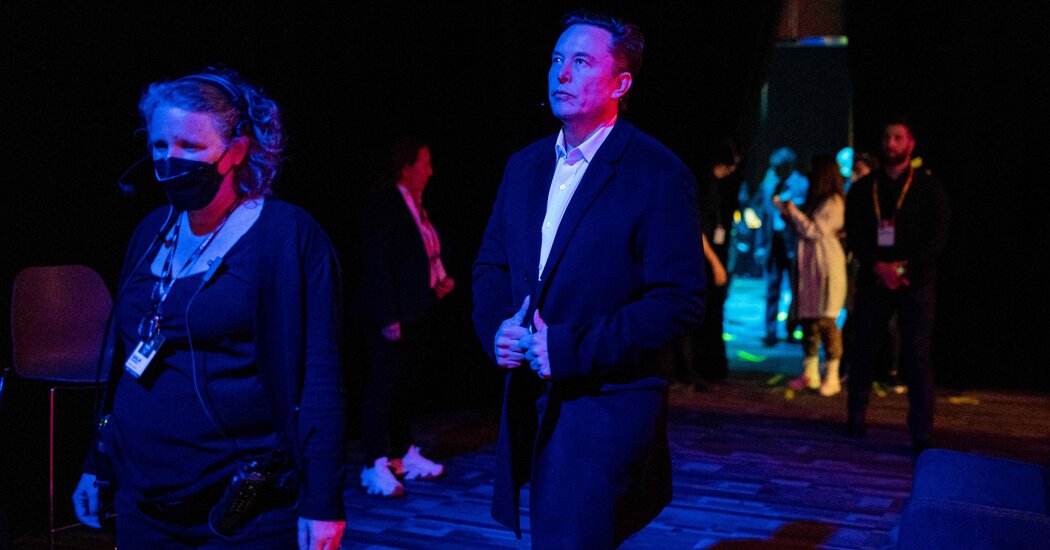
Poison pills have been around for decades. The lawyer Martin Lipton, a founding partner of Wachtell, Lipton, Rosen & Katz, invented the maneuver, also called a shareholder rights plan, in 1982. It was a way to shore up a company’s defenses against unwanted takeovers by so-called corporate raiders like Carl Icahn and T. Boone Pickens.
They have since become a part of the corporate tool kit in America. Netflix adopted a poison pill in 2012 to stop Mr. Icahn from buying up its shares. Papa John’s used one against the pizza chain’s founder and chairman, John Schnatter, in 2018.
Investors rarely try to get around a poison pill by buying shares beyond the threshold set by the company, according to securities experts. One said it would be “financially ruinous,” even for Mr. Musk.
But Mr. Musk, who is worth more than $250 billion and is the chief executive of Tesla and SpaceX, rarely abides by precedent. He announced his intention to acquire Twitter on Thursday, making public an unsolicited bid worth more than $40 billion. In an interview at a TED conference later that day, he took issue with Twitter’s moderation policies, which govern the content shared on the platform.
Twitter is the “de facto town square,” Mr. Musk said, adding that “it’s really important that people have the reality and the perception that they are able to speak freely within the bounds of the law.” Twitter currently bans many types of content, including spam, threats of violence, the sharing of private information and coordinated disinformation campaigns.
Mr. Musk argued that taking Twitter private would allow more free speech to flow on the platform. “My strong intuitive sense is that having a public platform that is maximally trusted and broadly inclusive is extremely important to the future of civilization,” he said during the TED interview. He also insisted that the algorithm Twitter uses to rank its content, deciding what hundreds of millions of users see on the service every day, should be public for users to audit.
Mr. Musk’s concerns are shared by many executives at Twitter, who have also pressed for more transparency about its algorithms. The company has published internal research about bias in its algorithms and funded an effort to create an open, transparent standard for social media services.



